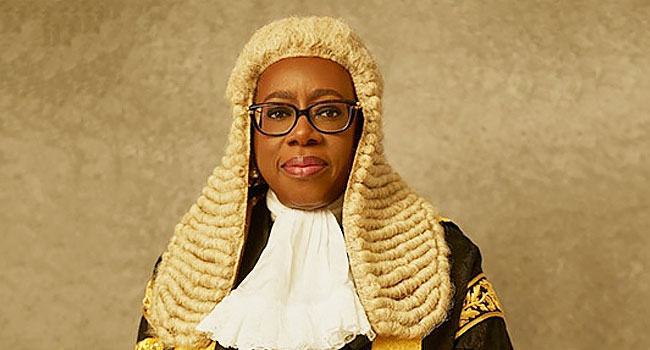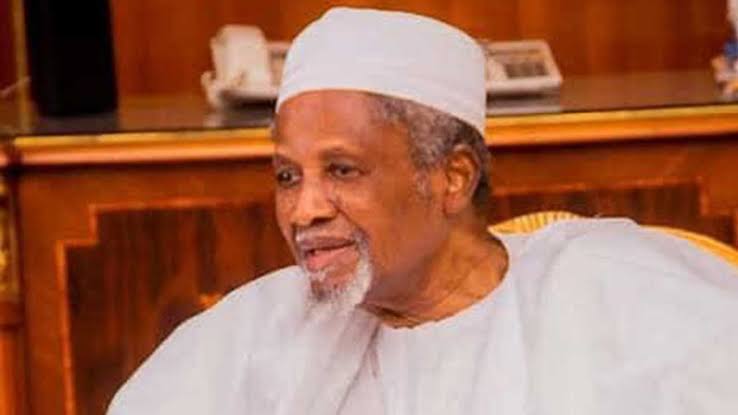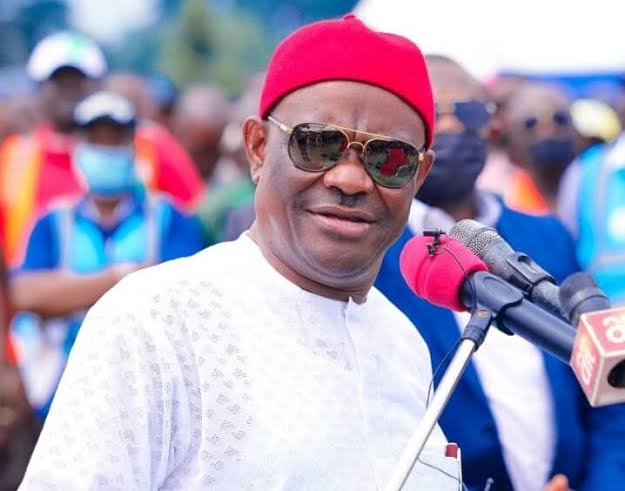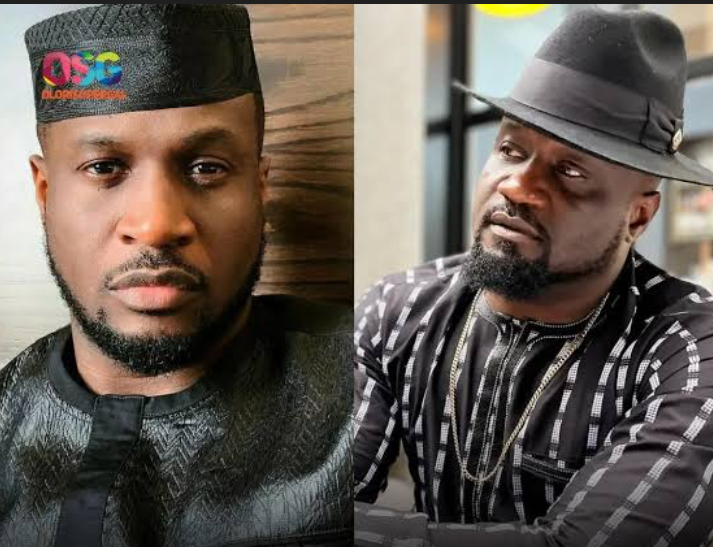
Protect Integrity Of Judiciary, Kekere-Ekun Tells NBA: Insights from BusterBlog

The Nigerian judiciary has been under intense scrutiny in recent years, grappling with allegations of corruption, inefficiency, and eroded public trust.
A recent post on X by Channels Television, dated April 29, 2025, highlighted a significant statement from Justice Kudirat Kekere-Ekun, Nigeria’s Chief Justice, who called on the Nigerian Bar Association (NBA) to safeguard the judiciary’s integrity.
This statement, made in the context of ongoing challenges within the judicial system, has sparked conversations across social media and legal circles, with many questioning the judiciary’s ability to uphold its own standards.
At BusterBlog, we dive deeper into this development, exploring the broader implications of Kekere-Ekun’s remarks and the historical context that shapes the current state of Nigeria’s judicial system.
Justice Kudirat Kekere-Ekun assumed the role of Chief Justice of Nigeria in August 2024, following her confirmation by the Senate in September of the same year.
Her appointment came with promises of reform, as she pledged a zero-tolerance stance on corruption and emphasized the need to maintain the judiciary’s integrity.
During her Senate screening, as reported by BBC News Pidgin, she committed to enforcing strict adherence to the judicial code of conduct and improving the welfare of judicial officers to enhance their performance.
However, her tenure and past decisions have not been without controversy, which adds a layer of complexity to her recent call for integrity.
One of the most contentious moments in Kekere-Ekun’s career occurred in 2020, when she was part of a Supreme Court panel that issued a highly controversial ruling in the Imo State governorship election case.
The court overturned the election results, removing Emeka Ihedioha of the Peoples Democratic Party (PDP), who had been declared the winner by the Independent National Electoral Commission (INEC), and installing Hope Uzodinma of the All Progressive Congress (APC), who had placed fourth in the initial tally.
This decision, as detailed in a 2020 BBC News Pidgin report, was widely criticized for lacking transparency and was perceived by many as a politically motivated judgment. Critics argued that the ruling exemplified the very issues Kekere-Ekun now seeks to address—corruption and a lack of public trust in the judiciary.
The backlash from this decision continues to cast a shadow over her leadership, with X users in the thread expressing skepticism about her ability to lead reforms, some even accusing the judiciary of having lost its integrity under her watch.
The public’s reaction to Kekere-Ekun’s statement reflects deep-seated frustration with the Nigerian judicial system. A 2024 report by Chatham House highlighted the pervasive issue of judicial bribery in Nigeria, noting that it has significantly eroded public confidence in the system.
Users on X echoed this sentiment, with some questioning whether the judiciary even possesses the integrity Kekere-Ekun speaks of, while others called on her to lead by example.
One user pointed out the irony of her statement, given the controversial rulings associated with her name, while another urged her to ensure that her junior colleagues follow suit in maintaining ethical standards.
Amid these challenges, there are voices within the legal community offering potential solutions. Olisa Agbakoba, a former president of the NBA, suggested in September 2024 that Kekere-Ekun adopt a “speed of justice” initiative to rebuild trust in the judiciary.
Agbakoba’s proposal, detailed in a post on oal.law, emphasizes the need for efficient case management to address systemic delays and inefficiencies—issues that have plagued Nigerian courts for decades.
He argues that judges must adopt a business-like approach to delivering justice swiftly, a reform that could help restore public faith in the system.
Kekere-Ekun’s call to the NBA to protect judicial integrity is a crucial step, but it comes at a time when the judiciary’s reputation is at a low point.
Her leadership will be judged not only by her words but by her actions in addressing the systemic issues that have long undermined the Nigerian judiciary.
At BusterBlog, we believe that for her message to resonate, she must tackle the root causes of distrust—corruption, inefficiency, and politically influenced rulings—while fostering a culture of accountability within the judiciary.
Only then can the institution hope to regain the confidence of the Nigerian people.
Source: BusterBlog


